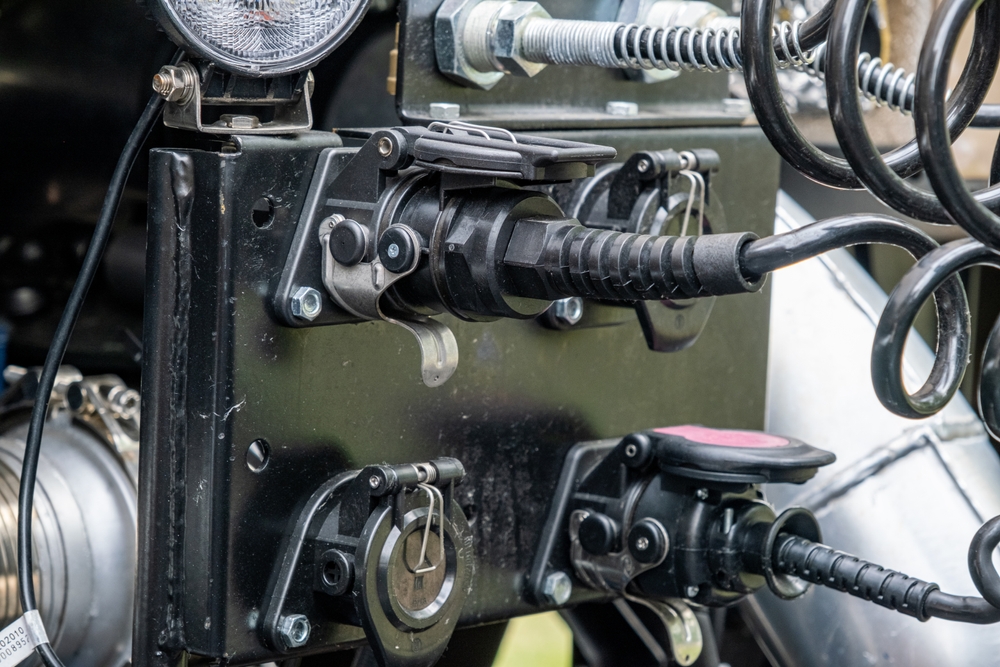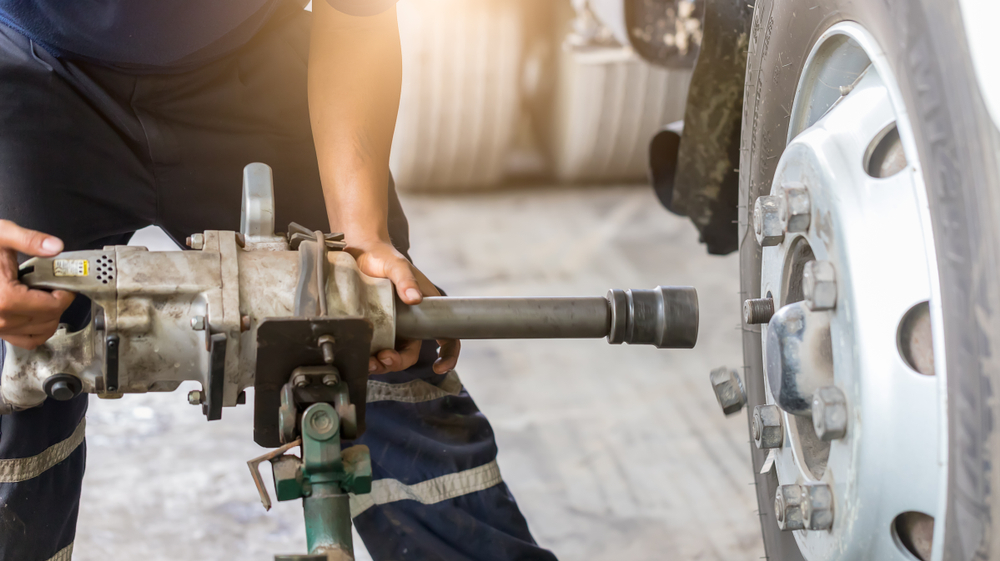Common Pneumatic Trailer Repairs and How to Fix Them
Pneumatic trailers are indispensable for transporting dry bulk materials like cement, sand, and flour. Despite their robust construction, these trailers are not immune to wear and tear, especially given the heavy-duty tasks they perform daily. Knowing how to identify common issues and repair them is essential for maintaining operational efficiency. This guide will explore typical pneumatic trailer repairs and how to address them effectively.
Understanding the Basics of Pneumatic Trailers
Before delving into specific repairs, it’s important to understand how pneumatic trailers function. These trailers rely on compressed air to discharge materials through a series of valves and hoses. When functioning optimally, they ensure quick and efficient unloading. However, their complex systems also mean that a malfunction can halt operations. Regular maintenance and quick repairs are vital to keep them running smoothly.
Common Pneumatic Trailer Issues
Leaking Valves and Fittings
Leaks are one of the most common problems in pneumatic trailers. Over time, valves and fittings can wear out or become damaged, leading to air loss and decreased performance. Even small leaks can escalate into bigger problems if not addressed promptly.
Fixing Leaking Valves and Fittings
- Inspection: Begin by inspecting all valves and fittings for visible signs of wear or damage.
- Tightening: Loose fittings can often be remedied with a simple tightening.
- Replacement: If the leak persists, replace the damaged part. Always ensure the replacement part matches the trailer’s specifications.
- Sealants: Use high-quality sealants to prevent future leaks around fittings.
Clogged Hoses
Pneumatic trailers rely on a network of hoses to transfer materials. Over time, these hoses can become clogged with debris or residue, impeding the flow of materials.
Resolving Clogged Hoses
- Clearing Blockages: Remove the hose and use compressed air or a specialized cleaning tool to dislodge the obstruction.
- Inspection for Damage: While cleaning, inspect the hose for cracks or signs of wear.
- Preventive Maintenance: Regularly clean hoses to prevent future clogs. For trailers serviced in specific locations, pneumatic trailer services in Cedar Hill, TX, are an excellent option for professional maintenance.
Compressor Malfunctions
The air compressor is the heart of a pneumatic trailer. If it malfunctions, the trailer cannot discharge materials. Common causes include worn-out belts, electrical issues, or insufficient lubrication.
Repairing Compressor Issues
- Check Belts and Connections: Inspect for loose or damaged belts and secure any loose electrical connections.
- Lubrication: Ensure that all moving parts are adequately lubricated.
- Professional Assistance: For complex repairs, seek electric pneumatic trailer repair services to address electrical and mechanical issues.
Damaged Air Tanks
Air tanks store the compressed air necessary for the trailer’s operation. Over time, they may corrode or develop leaks.
Addressing Air Tank Damage
- Inspect for Corrosion: Check the tank’s exterior and interior (if accessible) for rust or damage.
- Patch Small Leaks: Use a sealant designed for high-pressure applications to patch minor leaks.
- Replace Severely Damaged Tanks: For safety reasons, it’s often better to replace a severely corroded or damaged tank.
Faulty Pressure Gauges
Accurate pressure readings are crucial for the safe operation of pneumatic trailers. Faulty gauges can lead to over-pressurization or inefficient material discharge.
Fixing Faulty Gauges
- Calibration: Regularly calibrate gauges to ensure they provide accurate readings.
- Replacement: If a gauge is beyond repair, replace it with a high-quality unit.
- Testing: After replacement, test the gauge to confirm it’s working correctly.
Preventive Maintenance Tips
While understanding repairs is essential, preventive maintenance can reduce the frequency of breakdowns and extend the life of your trailer.
Regular Inspections
Conduct regular inspections to identify wear and tear early. Pay special attention to hoses, fittings, valves, and compressors.
Professional Maintenance Services
Engage professionals for routine servicing. For instance, pneumatic trailer services in Cedar Hill, TX, offers specialized care tailored to local environmental and operational conditions.
Proper Cleaning
Clean the trailer thoroughly after each use to prevent residue buildup, especially in hoses and discharge valves.
Use High-Quality Parts
When replacing components, always opt for high-quality parts to ensure durability and compatibility with your trailer.
DIY vs. Professional Repairs
When to DIY
Some minor repairs, like tightening fittings or clearing hose blockages, can be handled by operators with basic tools and knowledge. Regular cleaning and lubrication are also manageable in-house tasks.
When to Seek Professional Help
More complex issues, such as compressor failures or electrical problems, require expertise. Electric pneumatic trailer repair specialists have the tools and experience to handle intricate repairs safely and efficiently.
Conclusion
Pneumatic trailers are vital for transporting bulk materials, but their efficiency depends on regular maintenance and timely repairs. Understanding common issues—from leaking valves to faulty gauges—and knowing how to address them can save you time and money. For professional care, consider pneumatic trailer services in Cedar Hill, TX, for comprehensive support tailored to your needs. By combining preventive maintenance with prompt repairs, you can keep your pneumatic trailer in optimal working condition for years to come.
Contact Us Today
Here at Kerley & Sears Inc., we understand the importance of staying ahead with advanced maintenance solutions. As a family-owned business with over 50 years of experience in the sales, service, and repair of pneumatic tools and industrial vacuum parts, we are committed to providing you with the highest level of expertise and customer service. Whether you need reliable repairs, expert advice, or a free estimate, our dedicated team is here to help. Contact us today to discover how we can support your business with our top-quality products and services.





